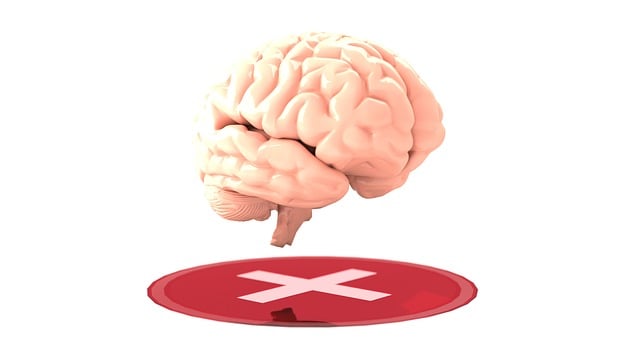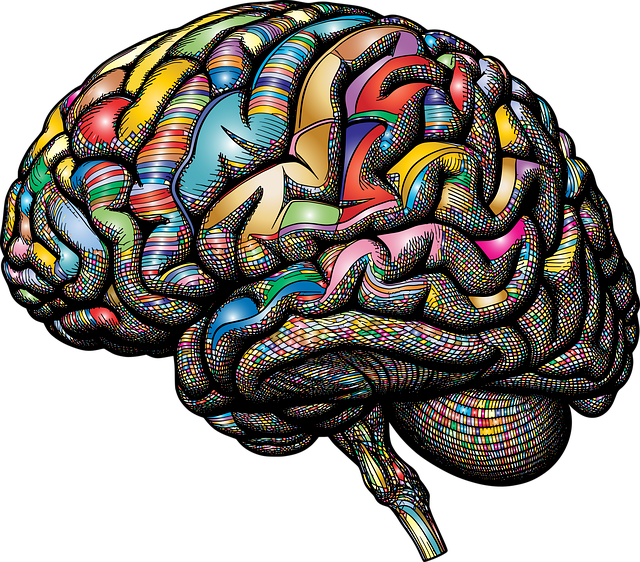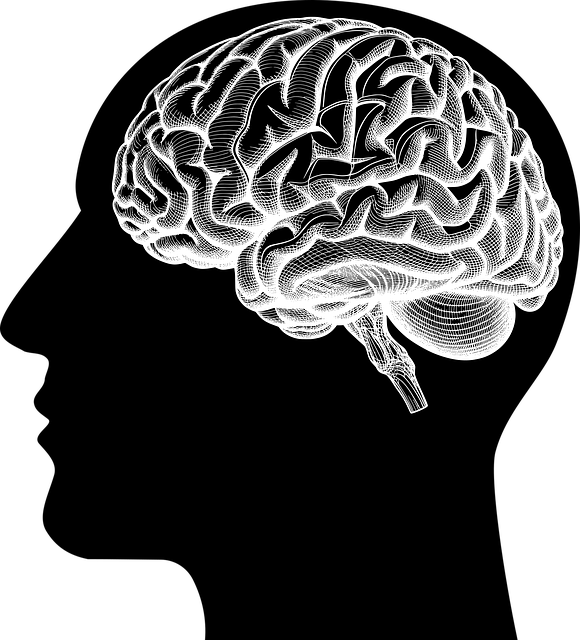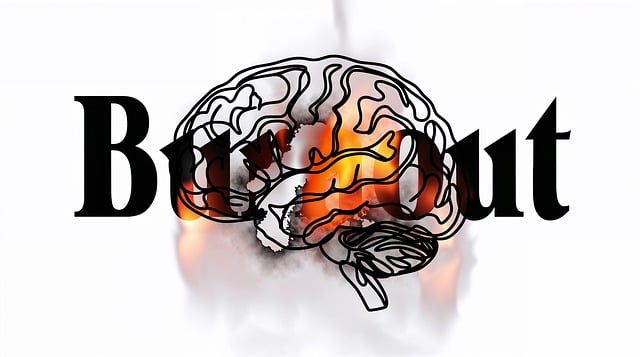Understanding Broomfield Mental Health Evaluations is crucial for designing effective therapy programs, offering a holistic view of an individual's mental health and guiding tailored interventions. Incorporating evidence-based therapies like CBT, mindfulness, and ACT enhances emotional healing processes. A nuanced approach in mental health education caters to diverse populations, integrating flexible curricula with culturally sensitive instruction and practical tools. Measuring success through pre/post assessments, feedback, and long-term follow-ups, along with Broomfield Mental Health Evaluations, ensures lasting positive changes in individuals' emotional well-being.
In today’s digital era, mental health education is more crucial than ever. This comprehensive guide explores the design of effective programs, starting with a deep dive into Broomfield Mental Health Evaluations as a foundational tool for tailored support. We discuss strategies for incorporating evidence-based therapies and customizing curricula to cater to diverse populations within Broomfield. Additionally, we emphasize the importance of measuring success through evaluation metrics, ensuring impactful mental health education for all learners.
- Understanding Broomfield Mental Health Evaluations: A Foundation for Effective Program Design
- Incorporating Evidence-Based Therapies: Strategies for Comprehensive Mental Health Education
- Customizing Curriculum for Diverse Populations: Reaching All Learners in Broomfield
- Measuring Success and Impact: Evaluating the Effectiveness of Mental Health Education Programs
Understanding Broomfield Mental Health Evaluations: A Foundation for Effective Program Design

Understanding Broomfield Mental Health Evaluations is a cornerstone for designing effective therapy programs. These evaluations go beyond merely diagnosing conditions; they provide a comprehensive insight into an individual’s mental health landscape, identifying strengths and weaknesses, and highlighting areas that require support or intervention. By utilizing this data, therapists can tailor their approach to meet the unique needs of each client.
This process serves as a foundation for creating targeted interventions, whether it’s incorporating stress management workshops within an organization or implementing empathy-building strategies in therapeutic settings. Such personalized programs enhance emotional healing processes, ensuring that support is not just generic but profoundly impactful and meaningful.
Incorporating Evidence-Based Therapies: Strategies for Comprehensive Mental Health Education

Incorporating evidence-based therapies is a cornerstone of designing comprehensive mental health education programs. Strategies like cognitive-behavioral therapy (CBT), mindfulness practices, and acceptance and commitment therapy (ACT) have proven effectiveness in treating various mental health conditions, from anxiety relief to depression prevention. By integrating these approaches, educators can equip individuals with practical tools for self-awareness exercises, enabling them to navigate stress, manage emotions, and enhance overall well-being.
Broomfield Mental Health Evaluations play a pivotal role in identifying individual needs, guiding the selection of appropriate therapies, and tracking progress. Incorporating evidence-based practices not only ensures that participants receive effective interventions but also fosters a sense of empowerment and self-management. Through regular practice, individuals can learn to recognize early warning signs, implement coping strategies, and seek support proactively, ultimately promoting better mental health outcomes within and beyond the educational setting.
Customizing Curriculum for Diverse Populations: Reaching All Learners in Broomfield

In Broomfield, designing a mental health education program requires a nuanced approach to cater to diverse populations. Recognizing that each community has unique needs and cultural contexts, the curriculum must be flexible and adaptable. This involves integrating various learning methods, from interactive workshops to multimedia resources, to accommodate different learning styles. By incorporating topics like mood management and confidence-boosting strategies, the program equips individuals with practical tools for mental well-being.
Furthermore, a comprehensive understanding of local demographics is essential. Broomfield Mental Health Evaluations and Therapy services can be better accessed through culturally sensitive instruction. Addressing broader social issues through Mental Health Policy Analysis and Advocacy within the curriculum fosters an environment where learners feel empowered to advocate for their own mental health needs and those of their communities. This tailored approach ensures that no one is left behind, promoting a more inclusive and supportive learning experience.
Measuring Success and Impact: Evaluating the Effectiveness of Mental Health Education Programs

Measuring the success and impact of mental health education programs is paramount to understanding their effectiveness. This involves a multifaceted approach that includes pre- and post-program assessments, participant feedback, and long-term follow-ups. By utilizing standardized tools like the Broomfield Mental Health Evaluations, therapists can gauge changes in symptoms related to conditions such as anxiety and trauma. These evaluations not only assess initial levels of distress but also track progress over time, providing valuable insights into the program’s impact.
Furthermore, incorporating empathy-building strategies and trauma-support services within education programs can significantly enhance their outcomes. Such approaches foster a supportive environment, encouraging open communication and personal growth. As participants develop coping mechanisms and gain new perspectives, they often experience improved emotional well-being. This holistic evaluation method ensures that mental health education programs not only teach valuable skills but also promote lasting positive changes in individuals’ lives.
The design of an effective mental health education program in Broomfield hinges on a multifaceted approach. By understanding the foundational principles of Broomfield Mental Health Evaluations, incorporating evidence-based therapies, customizing curricula for diverse populations, and rigorously measuring success, we can create impactful programs that enhance the mental well-being of all residents. These strategies ensure that therapy reaches those who need it most, fostering a healthier and more resilient community.










